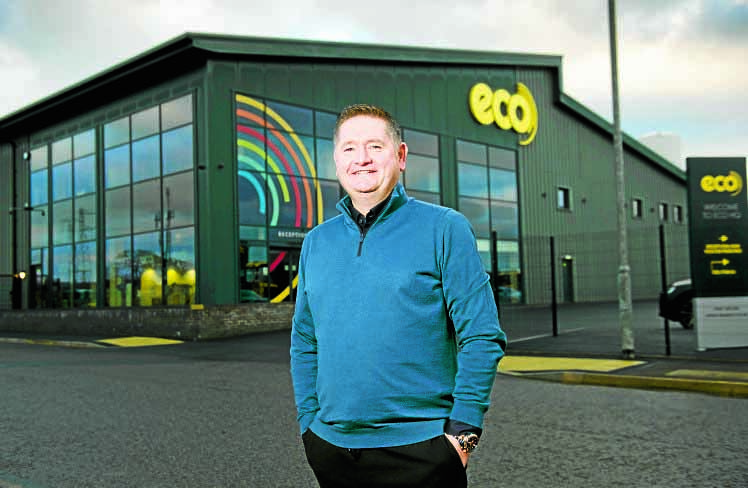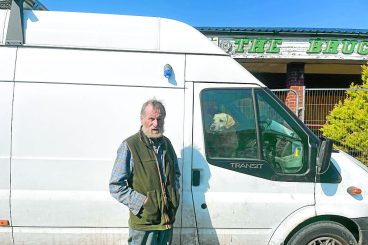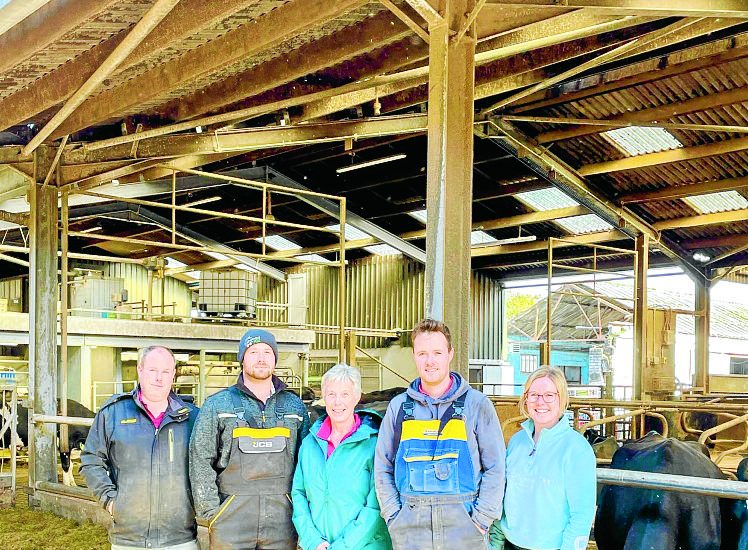The net zero LOOP system, developed by Levidian, is to be deployed at the Eco Group headquarters on the town’s business park.
The device decarbonises and cracks methane to produce hydrogen and graphene on site.
The hydrogen will then be used for R&D projects for hydrogen technology innovation across all sectors.
And Eco will become a distributor of the graphene, focusing on its use as an advanced additive in the aerospace, automotive, 3D printing, textiles, and energy sectors.
The two firms say the agreement has the potential to decarbonise 144,000 tonnes of CO2(e) per year in the UK from 2028.
Eddie Black, MD of Eco Group, this week said: “We are delighted to enter into our new partnership with Levidian and deploy this pioneering technology in the south of Scotland.
“Our partnership has the potential to transform our region and to lead in decarbonisation. This technology will not only create green jobs, it will also demonstrate to industry leaders the opportunities to decarbonise their organisations and sectors while leading the way on innovation, in addition to making positive impacts on net zero aspirations through carbon reduction, new technology deployment and more sustainable materials.”
And Levidian CEO John Hartley added: “LOOP will be a powerful tool for industrial decarbonisation and fits in well with Scotland’s green ambitions – we’re looking forward to working with Eco to deploy LOOPs and integrate graphene to help us drive towards net zero.”
South of Scotland Enterprise is backing the deal and have given Eco a £331,000 grant to support the innovative project.
Their director of net zero Dr Martin Valenti said: “A key aim of our Net Zero work is engaging with businesses which are delivering innovative, world class solutions. Eco Group’s work with Levidian is a fantastic example of this.
“SOSE is supporting the creation and live testing of new technology with Eco Group, which focuses on taking natural gas and methane and breaking it down to provide hydrogen and graphene.
“This could then be used for low energy solutions to heat buildings and for battery storage, which would be a significant step forward on our collective journey to Net Zero.”






















